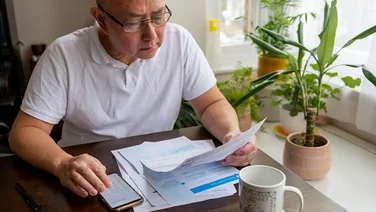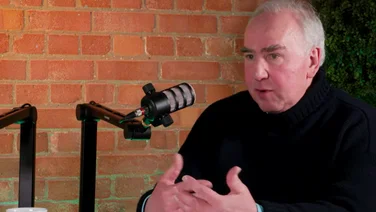We receive a small fee from trusted installers when you request a quote through our site. This helps us keep our content independent, well-researched and up to date – Learn more
The Labour Party’s cut to its planned home insulation budget has received widespread criticism, from non-profits, industry bodies, and the public alike.
On 8th February, Labour leader Sir Keir Starmer officially announced a massive spending reduction on the party’s pledged green investments. The £28 billion a year figure was reduced to £15 billion a year, after weeks of uncertainty and Tory criticism over the amount of borrowing needed to implement Labour’s plan.
Commenting on the recent U-turn, millionaire Labour donor Dale Vince, a green energy industrialist, told The Telegraph that Labour should not be afraid to invest in green projects, and that “borrowing to invest is how you grow economies.”
Hardest hit by the spending cut was Labour’s plan for insulating UK homes, with the budget for home insulation schemes reduced from £6 billion a year to £1.3 billion a year over a decade, meaning that far fewer homes than was previously planned would receive help with insulation.
The Energy and Climate Intelligence Unit (ECIU), was quick to condemn Labour’s move, releasing a statement saying the decision would lead to higher bills, less energy security, and increased cost to the NHS with people getting sick from living in “cold, damp homes”.

This past weekend, the non-profit also published the results of a snap poll on voters’ reactions to Labour’ green investments u-turn. Results showed that 31% of respondents thought the cut would have a negative impact on the “cost of energy bills for ordinary people”.
Commenting on the responses, ECIU political analyst Alasdair Johnstone noted that “failure to invest enough in insulating homes and expanding renewables has left us more exposed during the recent gas crisis costing households thousands of pounds”.
This echoes a previous report by the ECIU, which found that decades of underinvestment in home insulation had cost households an extra £1,900 a year on their energy bills.
The ECIU isn’t the only organisation critical of Labour’s cuts to insulation spending. Brian Berry, Chief Executive of the Federation of Master Builders (FMB), released a statement last Friday calling the move “disappointing”. He continued:
“Retrofitting the UK’s 28 million homes, the oldest in Europe, would help stimulate economic growth in every community but time after time the opportunity to do so is lost. The now much reduced plans by Labour to only retrofit five million homes over five years is simply not enough. It will barely scratch the surface of the owner occupier market.”
Berry also emphasised the important role insulation plays in making housing suitable for heat pumps (although next generation high temperature heat pumps could solve this issue), the low-carbon heating technology poised to replace gas boilers in the coming decade.
Projects to increase heat pump uptake have faced their own share of u-turns, with the government reversing the gas boiler ban, and getting ready to scrap its so-called ‘boiler tax’.
If the boiler tax is scrapped, a Worcester Bosch heat pump scheme, which would have allowed many households to get a heat pump virtually for free, will likely be binned as well.
How much does insulation cost and what grants are available?
Home insulation costs between £1,400 and £10,000 depending on the type of insulation being installed, the insulation material being used, and the size of your home.
Popular insulation types include loft and roof insulation, cavity wall insulation, and floor insulation. Putting in double glazing is another way to insulate your home, one that can save the average household £165 a year on their energy bills, according to the Energy Saving Trust.
Several government grants for home insulation are currently available: the ECO4 Scheme, the Home Upgrade Grant (discontinued in March 2025), the Warm Homes Local Grant, and the Warmer Homes Scotland grant. These grants cover most, if not all, of the cost of insulation and are available to low-income and energy-inefficient households.









